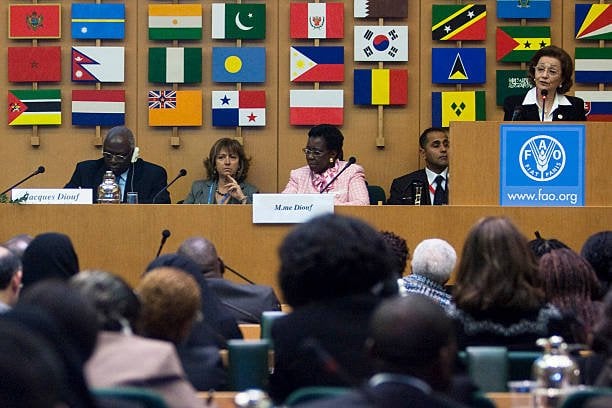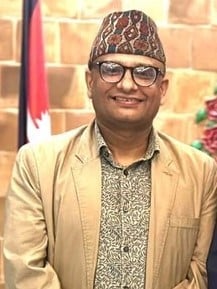Should Nepal stick to the Non-Aligned Movement or embrace Globalization?

In an era defined by rapid globalization and geopolitical realignments, Nepal stands at a crossroads in its foreign policy direction. The country’s longstanding advocacy for the Non-Aligned Movement (NAM), grounded in the Panchsheel principles of peaceful coexistence, has historically served as a diplomatic cornerstone. However, the global paradigm has shifted significantly since NAM’s heyday during the Cold War. Nepal must now reassess whether clinging to this traditional framework aligns with its aspirations or if a pivot toward a globalization-oriented approach would better serve its national interests.
The Case for NAM and Panchsheel Ideals
Nepal’s commitment to NAM is rooted in its geopolitical reality. Sandwiched between two rising powers—India and China—Nepal has long sought to maintain a policy of neutrality and non-alignment. The Panchsheel principles—mutual respect for sovereignty, non-aggression, non-interference, equality, and peaceful coexistence—embody Nepal’s historical aspirations for peace and stability. NAM provides Nepal with a platform to assert its sovereignty, voice concerns of smaller states, and resist becoming a pawn in the power plays of larger nations.
In today’s world, where major powers often pressure smaller states into choosing sides, NAM’s ethos of neutrality remains relevant. Advocating for NAM allows Nepal to avoid entanglement in military or political blocs while fostering diplomatic partnerships with a wide range of nations. This approach aligns with Nepal’s foreign policy identity as a peace-loving nation, particularly given its active participation in UN peacekeeping missions.
The Argument for Embracing Globalization
Despite its merits, NAM’s relevance in a globalized world is increasingly questioned. The movement emerged during the Cold War to counteract bipolar hegemony, but today’s world is multipolar, interconnected, and driven by economic integration. Nepal, as a developing nation, must prioritize its economic growth, technological advancement, and infrastructure development. This requires deeper engagement with the global economic system and strategic partnerships with major powers, regional blocs, and international institutions.
The globalization paradigm shift offers Nepal unique opportunities. Through economic diplomacy, Nepal can attract foreign investment, integrate into regional supply chains, and leverage its geostrategic position as a trade and transit hub between India and China. By aligning its foreign policy with globalization trends, Nepal could benefit from partnerships in technology transfer, climate action, and infrastructure development.

Clinging rigidly to NAM and Panchsheel ideals risks sidelining Nepal in a world increasingly shaped by economic alliances like the Belt and Road Initiative (BRI) or the Indo-Pacific Strategy. A globalization-oriented approach does not mean abandoning neutrality; instead, it entails pragmatically engaging with all players to secure Nepal’s economic and strategic interests.
Finding the Middle Path
Nepal need not view NAM and globalization as mutually exclusive. A nuanced policy could integrate the Panchsheel ideals within a globalization framework. For instance, Nepal can maintain its non-aligned stance on military issues while actively pursuing economic integration and technological partnerships. This would allow Nepal to uphold its sovereignty and identity while addressing the demands of a globalized economy.
Ultimately, Nepal’s foreign policy must be guided by pragmatism rather than ideological rigidity. While NAM offers a moral and historical anchor, globalization provides the tools to build a prosperous future. By adapting to the changing world order, Nepal can position itself as a resilient, sovereign, and forward-looking nation capable of navigating the complexities of the 21st century.
Conclusion
The debate over NAM versus globalization is not an either-or choice for Nepal. Rather, it is about finding a balance that safeguards Nepal’s sovereignty while fostering economic growth and modernization. As Nepal charts its course in a multipolar and interconnected world, it must adapt its foreign policy to seize opportunities without losing sight of its core values. The discourse must evolve, blending the wisdom of Panchsheel with the dynamism of globalization to craft a foreign policy that serves Nepal’s long-term interests.
(Shirish A. Adhikari is a seasoned civil engineer and development practitioner with over two decades of experience in the fields of Water, Sanitation, and Hygiene (WASH), climate change, and resilient infrastructure.)




Leave Comment